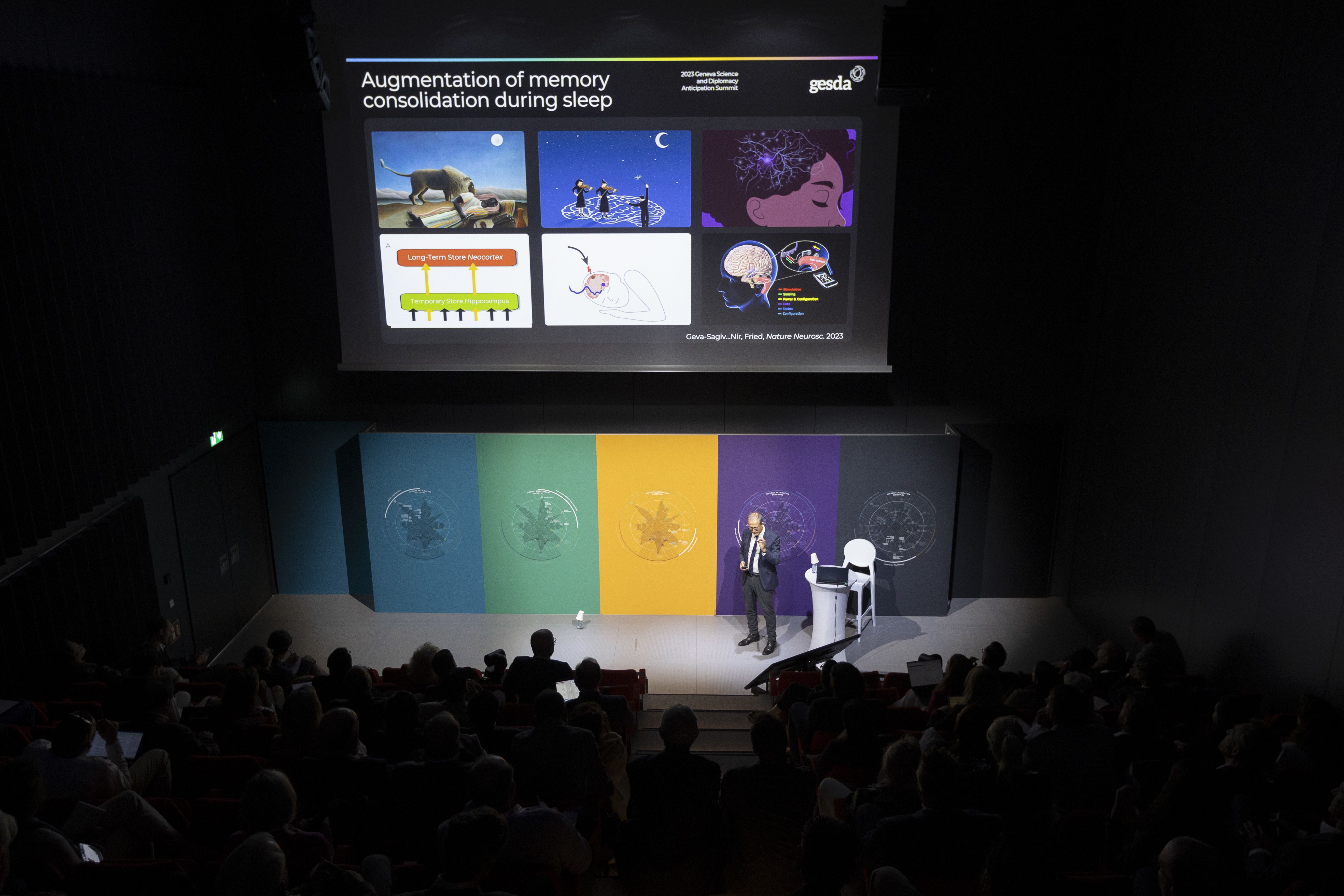From designer phages that could allow one to engineer viruses that augment human, animal and plant health to improvements for mental health in the metaverse through shared virtual spaces, science for health is advancing at a rapid speed. How can organizations best be prepared to anticipate tomorrow’s trends?
Takeaway Messages
“By 2050, individuals aged 60 and older are expected to comprise 22% of the global population, posing challenges for health and social systems worldwide. The majority of elderly individuals will reside in low- and middle-income countries, necessitating comprehensive preparation for the associated demographic shift.
”
“Policymakers face challenges in keeping pace with evolving scientific landscapes, as highlighted during the COVID-19 pandemic. Anticipating future health trends is crucial for shaping policies that maximise benefits and minimise risks associated with innovation, requiring engagement with hard-to-reach populations.
”
“A holistic approach is essential for effective health systems. Emphasis should be placed on preventative measures, including physical activity, nutrition, mental health, and smoking cessation. Changing environments to promote healthier choices, beyond individual behavior change, is necessary.
”



